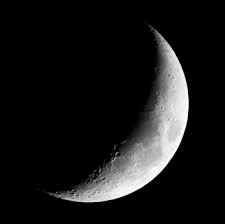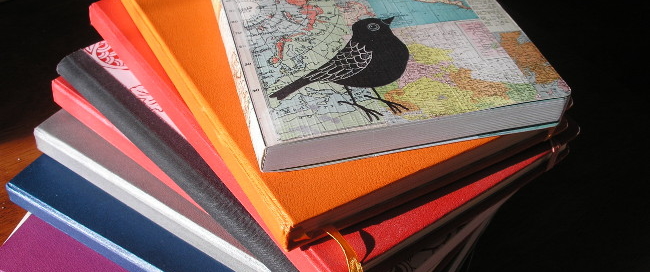Begin Again
The New Moon is a good time to come up with an intent for the next lunar cycle. (The moon was dark on Monday and now there’s a sliver in the sky.) On Sunday a small piece in the collage I did, prompted my intent: “At a sale of the unredeemed what will I remember, take back, reclaim, renew?”
An intent usually isn’t in the form of a question, but there you go. The small collage bit was a reproduction of a very old ad for an auction of unredeemed items from a pawn shop. “Sale of the unredeemed” really captured my interest. Just the sound of it created a poem, or at least the title of one. “Redeemed” is a term I would have heard in my early days going to church with my grandmother but right now, I’m thinking about taking back what I may have given up or forgotten.
In the Mary Oliver poem I referred to in my last blog entitled “Living the Questions,” she says: “And who will care, who will chide you if you wander away / from wherever you are, to look for your soul?”
Thomas Moore said something in his book, Care of the Soul, that to me connects with that sale of the unredeemed: “Observance of the soul can be deceptively simple. You take back what has been disowned. You work with what is, rather than with what you wish were there.”
I came across the quote in The Wisdom of the Body by Christine Valters Paintner, a book I’ve been reading as part of my morning practice. It feels to me as if the “unredeemed” may be the gifts we haven’t been acknowledging and if we don’t, they […]






